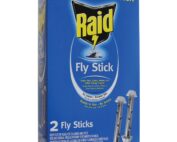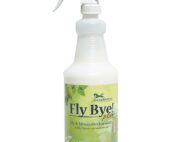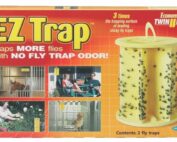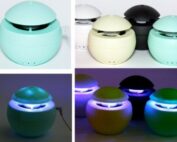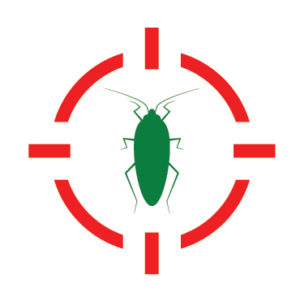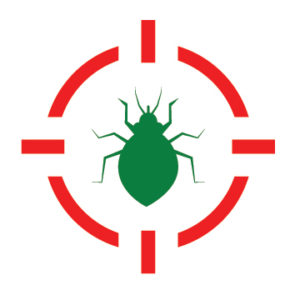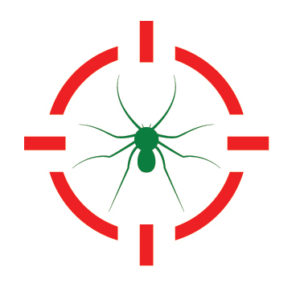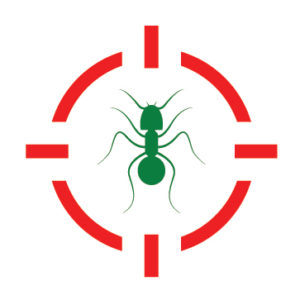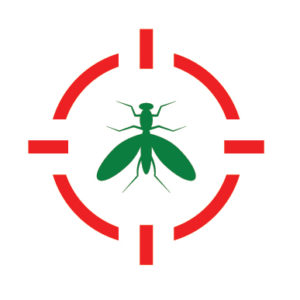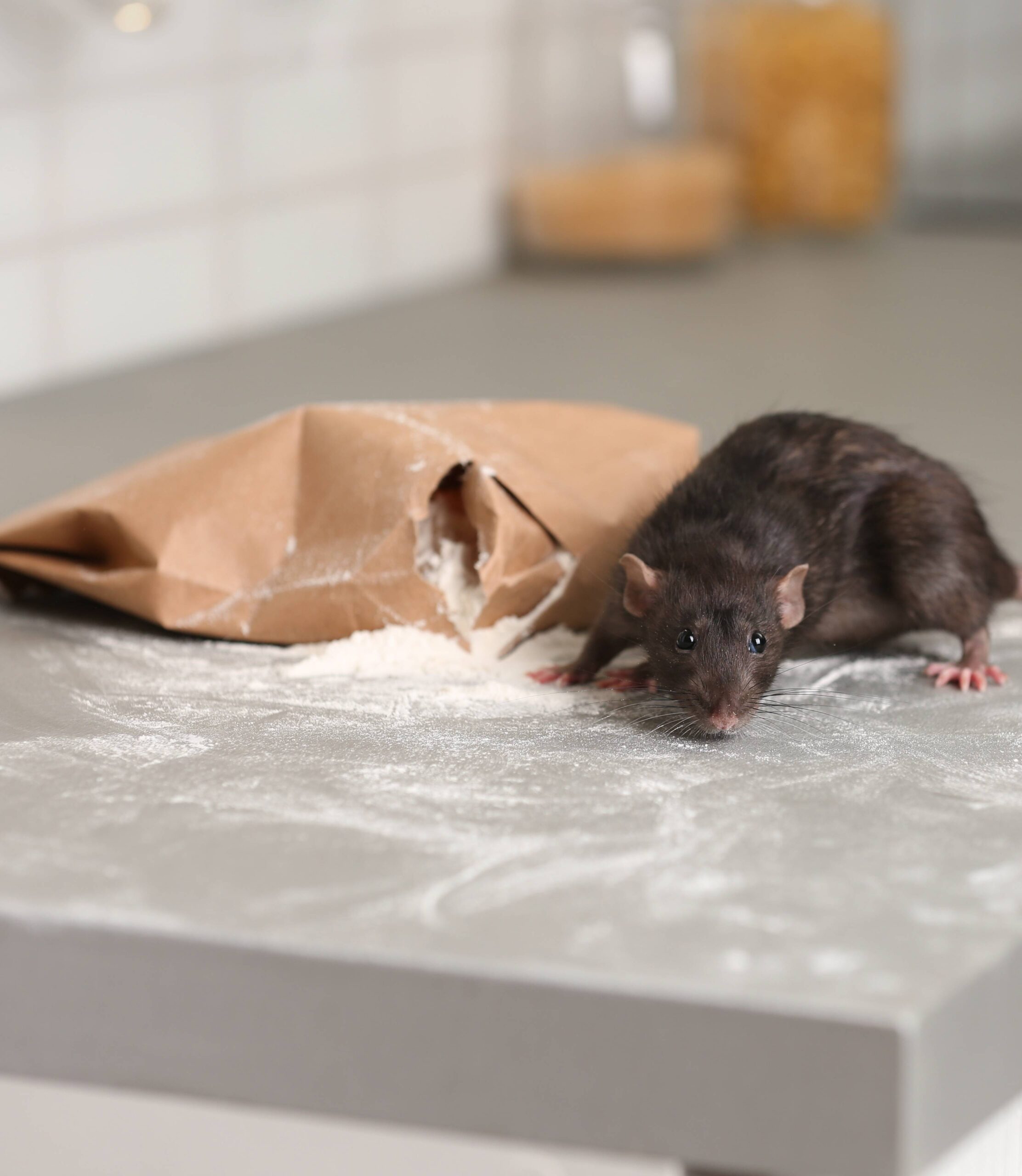PROFESSIONAL MOSQUITO REMOVAL
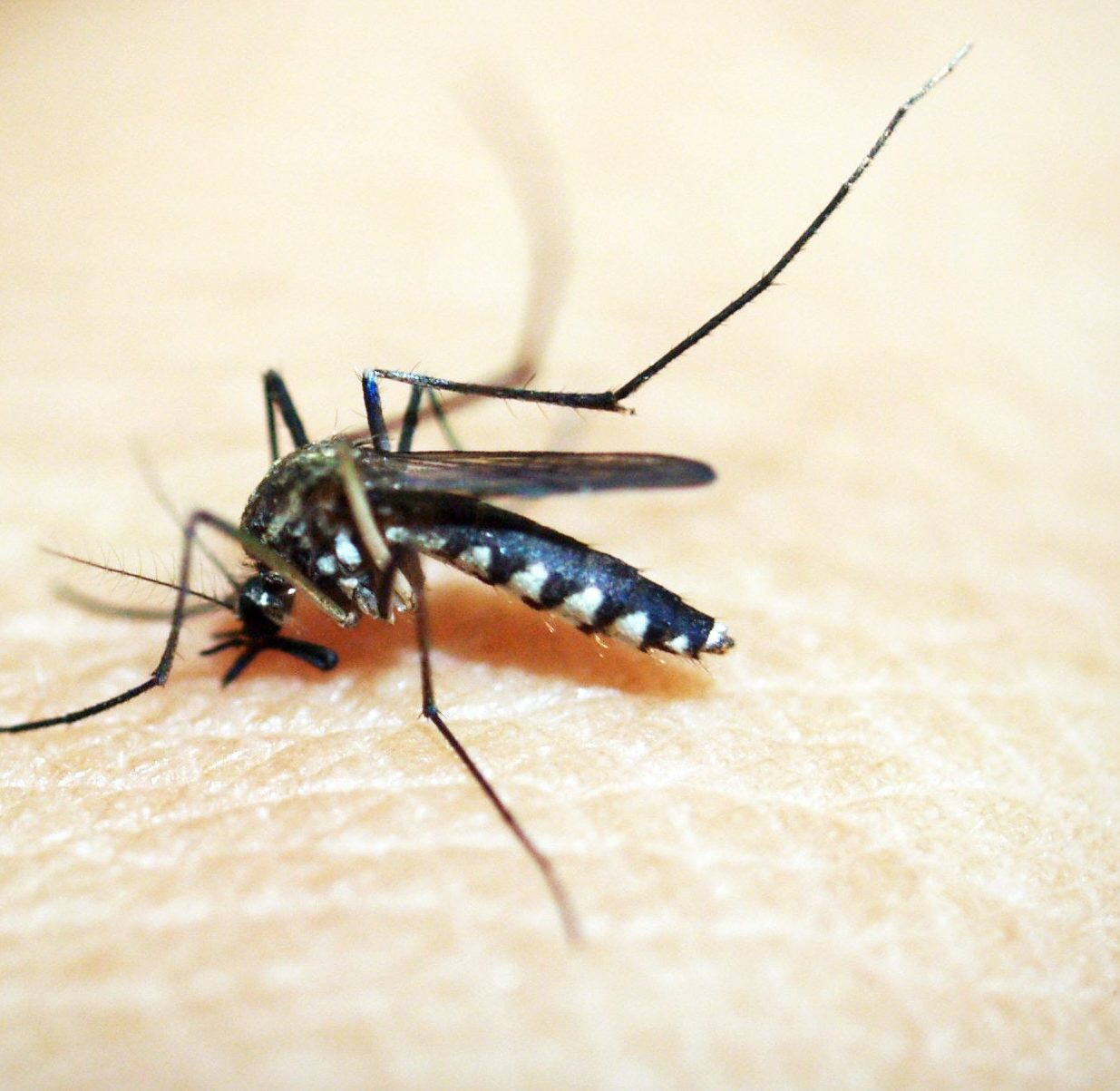
How to Get Rid of Mosquitoes in Your Yard
There’s nothing worse than heading outside for a backyard barbecue only to find out that mosquitoes have overtaken the entire yard. While it’s unreasonable for homeowners to expect 100% eradication of all mosquitoes on their properties, there are a few ways to reduce their populations to more tolerable levels. Some pest control methods are available to consumers, while others must be applied by registered exterminators.
Mosquito dunks are chemical treatments designed for use in ponds and ditches that can’t be eliminated. They’re designed to kill mosquito larvae to prevent populations from getting out of control and must be applied every two to three months to remain effective. Mosquito dunk use a bacterium called BTI to kill mosquito larvae. BTI is naturally occurring in nature and is found in soil. BTI is harmless to humans, pets and other animals but is effective in killing mosquitos and even some varieties of flies. Some mosquito dunks are available on commercial markets, but the most effective larvicides need to be professionally applied by a licensed professional exterminator. You can find top exterminators in our directory here.
Mosquito coils are also effective at getting rid of mosquitoes. Place the mosquito coils near where you’re sitting or working. Mosquito coils are safe and natural. In fact, mosquito coils are made from the powder of dried chrysanthemum flowers. You can find mosquito coils in your local hardware, home goods or convenience store. You can also find them in our store. Click here.
How to Get Rid of Mosquitoes
Mosquitoes are one of the most hated of all insects. Mosquitoes are a nuisance to have inside your home. Mosquitoes can be hard to spot until you hear them buzzing in your ear or biting your legs and arms while enjoying the outdoors. They can annoy you at home or at an outdoor family gathering or hike. They don’t just cause painful, itchy bites, but can also transmit serious diseases. Even when they’re not actively biting people, they produce irritating, high-pitched sounds that are enough to drive any homeowner crazy! That constant buzzing is annoying, but also can be deadly!
Mosquitoes carry transmitted diseases such as:
- Zika virus
- Malaria
- Dengue fever
- West Nile Virus
- Chikungunya
- Encephalitis
- Yellow Fever
- Dog Heartworm
Mosquito bites vary from person to person. Some people may experience intense allergic reactions that can cause other health issues on top of the potential primary virus. Mosquitoes ingest your blood to lay their eggs. Standing water sources inside your home are a prime potential breeding area for mosquitoes. Baby larvae can be the size of a clipped fingernail.
Those wondering how to get rid of mosquitoes are certainly not alone in that quest. Read on to find out everything you need to know to get started on getting rid of mosquitoes for good!
Most mosquitoes breed in standing water. They don’t require full-sized ponds to breed, so homeowners need to keep an eye out for standing water in birdbaths, flowerpots, and even old soda cans. Since mosquitoes spend their entire larval phases in water, eliminating breeding grounds can make a huge difference when it comes to controlling adult populations.
Recommended Products
For your pest control needs
How to Get Rid of Mosquitoes in Your Home
There’s nothing more annoying and dangerous (due to the many diseases mosquitoes can carry) than heading home after a hike or some time out in the yard only to find that the mosquitoes are waiting indoors. Homeowners wondering how to kill mosquitoes that have found their way inside their houses should note that many of the pesticides designed for outdoor use are toxic and should not be used indoors.
There are indoor insect foggers that kill mosquitoes, but they need to be reapplied frequently. It’s much more efficient to control mosquito populations in the yard and preclude them from the home than it is to kill them over and over. The first step is to check all window and door screens for tears and repair them immediately. Sealing all doorways and entryways will be very effective in keeping mosquitoes and other pests from entering your home. Homeowners in exceptionally wet areas may want to consider keeping their windows and doors shut and using air conditioners or fans instead.
Ensuring your home is properly sealed and insulated from the outdoor elements, will all aid in your effort to prevent mosquitoes from entering your home. Installing screens on all doors and windows is an easy and cost-effective way to keep fresh air circulating throughout your home but will prevent bugs and mosquitoes from getting in. You can also use mosquito nets inside your bedroom. Utilizing a mosquito net around your bed will prevent mosquitoes from disturbing you while you sleep.
Mosquito bites are not only painful, but annoying as well. Along with these bites various diseases can also be passed along. One mosquito can continue you bite you over and over until they are filled with blood. Interesting fact, only female mosquitoes bite humans. Male mosquitoes do not need blood to be able to live and thrive. Male mosquitoes only need to feed on the nectar of flowers. Female mosquitoes on the other hand need blood to help them reproduce and develop their eggs.
The blood of human and other animals contains proteins which are necessary for the female mosquito to reproduce successfully. While ingesting blood, the female mosquito releases a saliva compound into the bite area. The saliva is an anticoagulant mixture that allows for easy blood flow from the victim to the mosquito. After the mosquito is finished feeding, the female mosquito will then rest for a few days before laying eggs. Once this process is complete, the female mosquito will be ready again to bite the next victim.
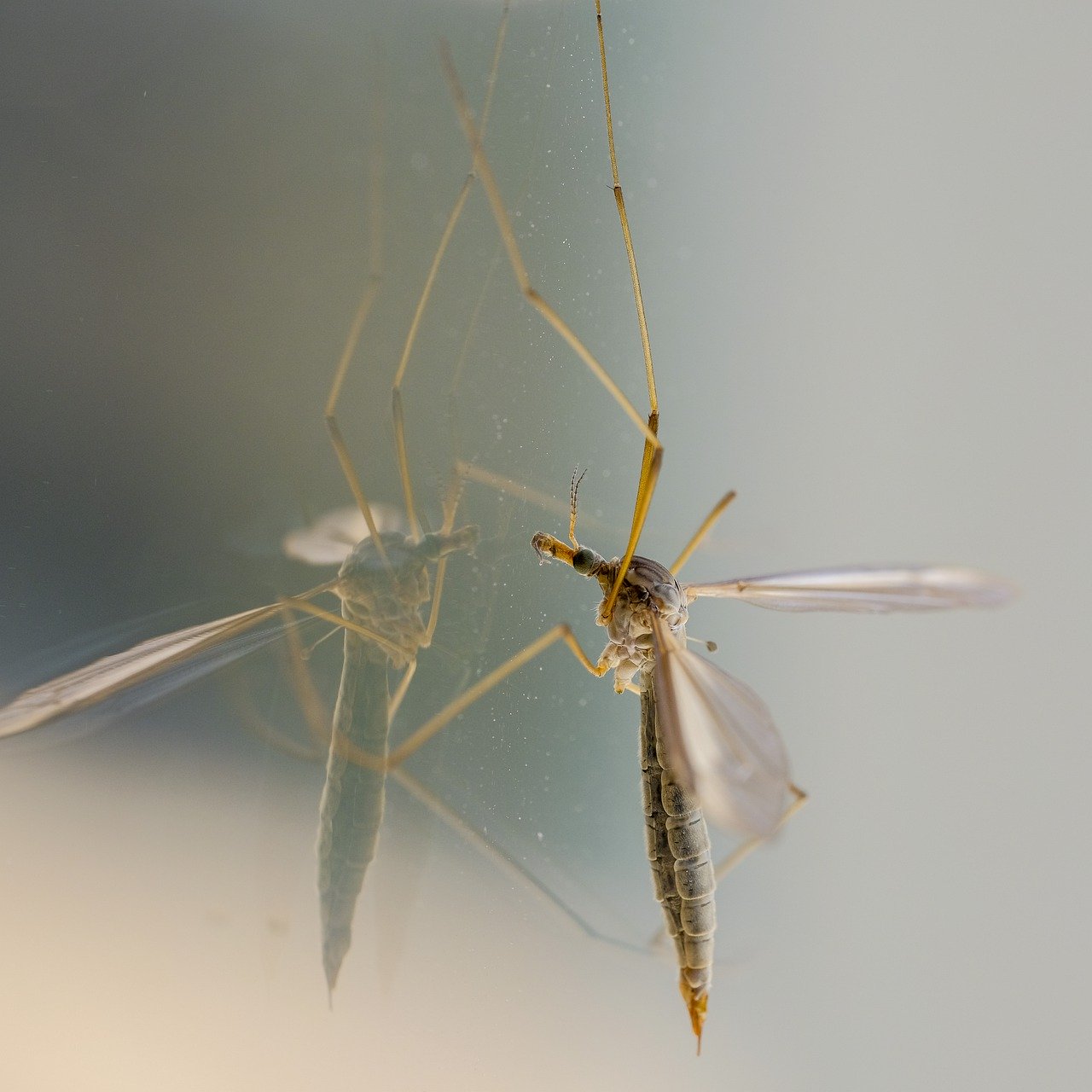
Mosquitoes aren’t just dangerous to humans but to your pets as well. They also carry serious diseases like canine heartworm, which can be fatal. While people can simply spray themselves or their clothes with DEET, this chemical product is not suitable for pets and therefore, cannot be used on pets. The best solution is to keep furry friends inside during peak mosquito hours and to purchase a dog-safe natural insect repellent from a pet store or veterinarian. To treat existing bites, stick with natural methods for reducing itching such as oatmeal, baking soda, or milk of magnesia pastes. For any health emergencies or concerns that mosquitoes may cause your pet, call or visit your local veterinarian immediately.
Natural and Home Remedies to Get Rid of Mosquitoes
Not all homeowners are comfortable with the idea of applying harsh chemical insecticides or larvicides. There are some natural remedies to get rid of mosquitoes that actually work, but generally, they’re not as effective as professionally applied mosquito treatments. That being said, there is little harm in giving them a shot.
Methods Used by Exterminators
Professional exterminators have access to insecticides and larvicides not available on consumer markets. The reasoning behind this is that the EPA restricts access to chemical products that could cause harm to users or the environment if applied improperly. Exterminators must receive dedicated training and become certified before they can purchase and use them.
Broadcast Treatments
Broadcast treatments involve applying pyrethroid sprays to mosquito-prone areas around the yard. Exterminators may also use broadcast treatment to apply more specialized products like lambda-cyhalothrin or cyfluthrin to soffits and wood siding.
Perimeter Treatments
Exterminators can also apply perimeter treatments to the edges of clients’ yards. This creates a relatively mosquito-free zone around the home.
Liquid Larvicides
Liquid larvicides can be applied to bodies of standing water to prevent eggs from hatching. The best of them affect only mosquito populations without killing beneficial insects.
The average cost of hiring an exterminator for mosquito control is between $350 and $500 per season. Properties larger than ¼ to ½-acre will be more expensive to treat, as well as properties found to have a severe mosquito infestation. There’s no reason for homeowners to resign themselves to living with a severe mosquito infestation. Try some natural remedies, but if they don’t work, don’t hesitate to call a pest control specialist. Those who are concerned about chemical insecticide use can always ask if the exterminator offers natural control methods.
Still Struggling with Mosquitoes? Search for an exterminator in our directory today to help you get rid of mosquitoes safely and effectively! To find an exterminator near you, click here.
There are over 3,000 species of mosquitoes, but most of them have the same physical characteristics and follow the same basic life cycle. Mosquitoes are small winged insects made up of three main segments: the head, the thorax, and the abdomen. Each specimen has a pair of wings, six thin legs, two antennae, and a proboscis, used to inject saliva into their victims and feed.
Adult mosquitoes are most active during dawn and dusk. They usually stick to shady areas, although some species can also head out to feed in direct sun. They’re attracted by both body heat and carbon dioxide, both of which are emitted not just by people but by all animals. While mosquitoes often prefer to attack humans, they can attack your pets.
ALTERNATIVE SOLUTIONS
Alternative do it yourself methods to help get rid of pests inside your home.
Ways to avoid getting mosquitoes inside your home
- Remove any standing water, mosquitoes tend to breed near standing water.
- Put up tightly screened mesh in your windows and doors.
- If you have potted plants inside your home, don’t over water them.
- Keep an eye on your potted plants to see if mosquitoes will gather there.
Other methods to use
- Residual Insecticide Spray
- Mosquito Repellents
- Mosquito Repelling Granules
LOOKING FOR AN EXTERMINATOR?
SEARCH THE PEST EXTERMINATORS NEAR ME DIRECTORY.

